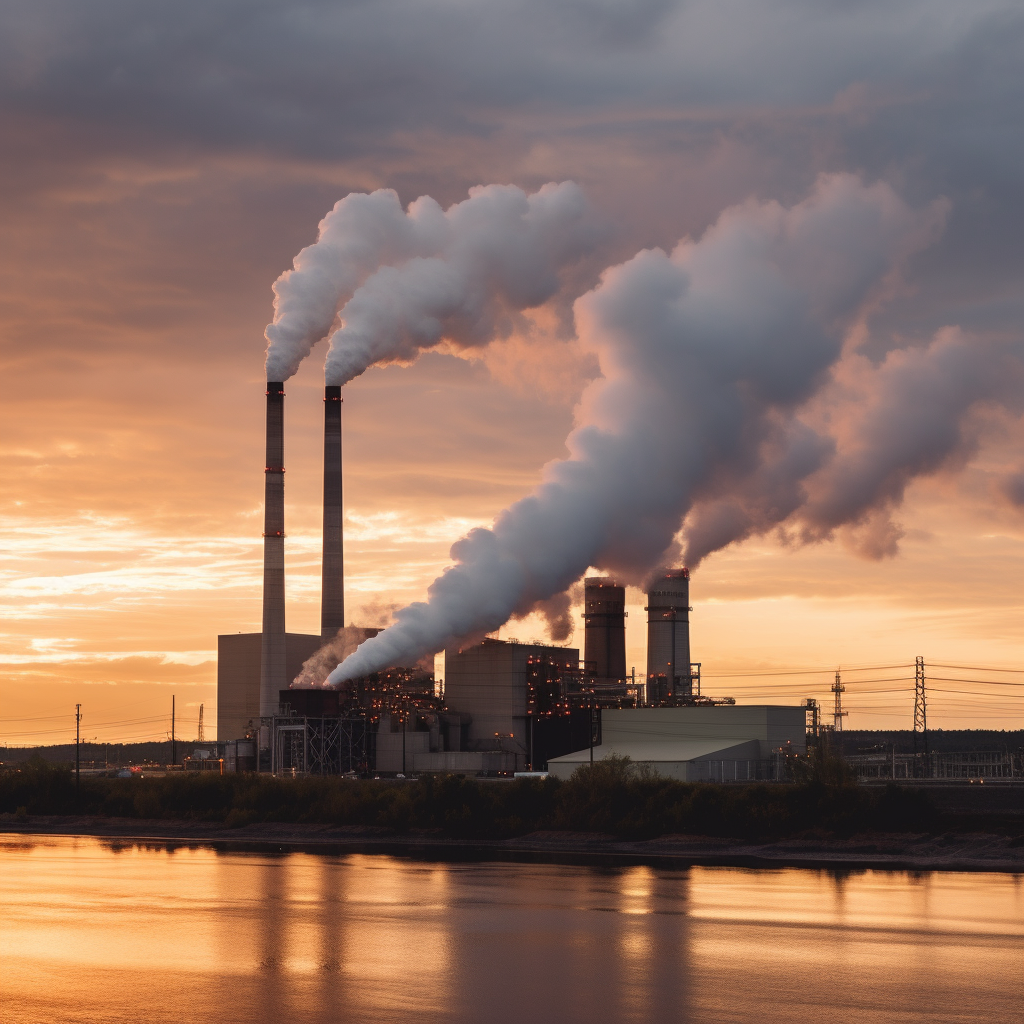January 10, 2024
Louisiana’s Carbon Removal – Balancing Tech, Environment, and Community
Book a Demo
In the heart of the American South, Louisiana has emerged as a surprising bipartisan advocate for carbon removal practices, garnering support from both Republicans and Democrats. Their collective stance has been significantly incentivized by federal tax benefits, highlighting the impact of policy instruments in shaping environmental actions.
Although these practices have gained political backing, the Environmental Protection Agency (EPA) has been slow to issue permits for carbon storage wells, leading to widespread industry frustration. However, in a significant development towards the end of 2023, permitting duties were transferred from the EPA to Louisiana regulators. This move has been widely applauded by both officials and industry executives who see it as a step forward in streamlining the process.
Louisiana has a considerable stake in this matter, leading the nation in applications for carbon dioxide injection wells. This positions the state as a potential significant testing ground for carbon removal technology, an area of considerable interest, and controversy, in combating climate change.
However, the road to carbon removal is not without its share of obstacles. There is a growing concern among environmentalists and locals about the potential health risks associated with these practices. These concerns are particularly heightened in already polluted, predominantly Black and low-income communities.
Critics, including environmental advocates, have also voiced concern about Louisiana’s new permitting proposal for carbon dioxide wells. They argue that state regulators may lack the necessary expertise to approve and regulate these wells properly. This criticism highlights the need for a careful balance between advancing technological solutions to climate change and ensuring rigorous oversight and protections for communities.
The state of Louisiana now finds itself with the authority to approve projects in the burgeoning industry of carbon capture. This industry, despite its potential to significantly reduce climate-warming emissions, is viewed as controversial due to the associated risks.
The potential dangers of carbon removal were starkly illustrated in February 2020 when a carbon dioxide pipeline rupture occurred in Mississippi. This incident not only highlighted the potential health risks but also inhibited some residents from seeking medical help due to high carbon dioxide levels in the air.
As Louisiana moves forward in this new era of carbon removal, the challenge will lie in effectively managing the balance between technological advancement, environmental protection, and community health. As the state navigates this complex terrain, it will undoubtedly serve as a significant case study for the rest of the nation.
Science4Data is committed to cut through greenwashing and measure real impact. Join the journey to a sustainable future. Your actions matter.



